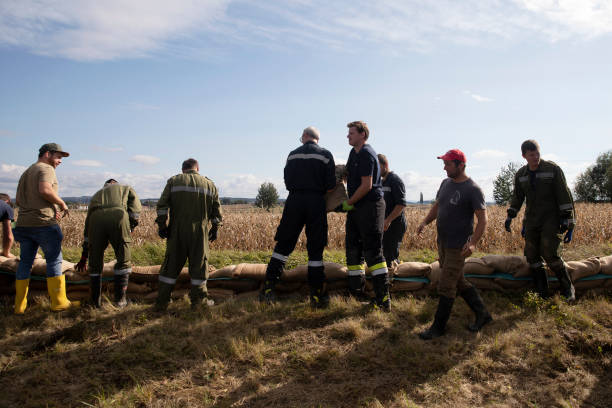A study conducted by researchers from São Paulo State University (UNESP) has raised concerns about the sustainability of the Guarani Aquifer, a vast groundwater reservoir crucial to Brazil, Paraguay, Uruguay, and Argentina.
The study highlights the disproportionate withdrawal of water from the aquifer in comparison to the insufficient replenishment by rainwater, particularly in the Upper Jacaré-Pepira sub-basin, a region heavily reliant on groundwater for urban supply, agriculture, and tourism.
The Guarani Aquifer, spanning 1.19 million square kilometers, holds an immense volume of water—30,000 cubic kilometers in total, with 2,000 cubic kilometers available for use.
Despite its vast size, the aquifer is facing depletion, with water levels dropping by over 100 meters in certain areas.
São Paulo state alone consumes approximately 80% of the water withdrawn from the aquifer, with urban wells and irrigation being the primary sources of use.
The study found that, even in periods of heavy rain, rainwater only contributes about 20% to the water discharged from springs, with the majority coming from the Guarani Aquifer.

The researchers used stable isotopes of hydrogen and oxygen to trace the origin of water in springs, rivers, and wells over eight years.
They found that groundwater is the predominant source of spring water, with rainwater having minimal impact on its replenishment.
The study also revealed that the aquifer’s recharge rate has decreased due to a drop in rainfall and higher evaporation rates, exacerbating the concerns about overuse.
The findings underscore the urgent need for sustainable water management strategies to ensure the aquifer’s long-term viability.
The Guarani Aquifer sustains around 90 million people, and its depletion could lead to severe water shortages, particularly during droughts, as seen in previous years.
The study calls for large-scale monitoring and effective management to balance water extraction with natural recharge, ensuring that future generations can continue to rely on this vital water source.

